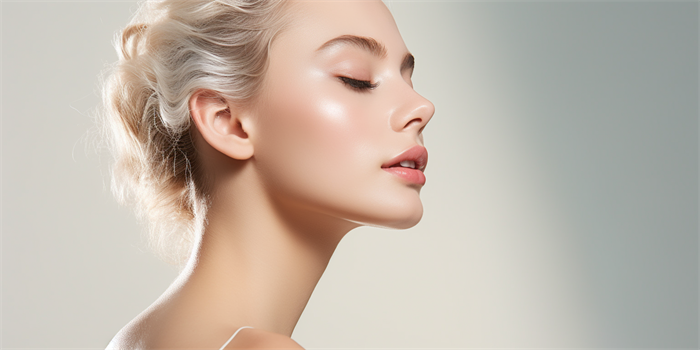Is Glycolic Peel Safe in Trinidad and Tobago?
Glycolic peel, a popular cosmetic procedure known for its skin rejuvenation benefits, has gained significant attention in Trinidad and Tobago. This article delves into the safety aspects of glycolic peels, providing a comprehensive overview to help individuals make informed decisions about their skincare treatments.

Understanding Glycolic Acid
Glycolic acid, a type of alpha-hydroxy acid (AHA), is derived from sugar cane. It is renowned for its ability to penetrate the skin deeply and remove the outermost layer of dead skin cells, promoting a smoother, more youthful complexion. The effectiveness of glycolic peels varies depending on the concentration of the acid and the duration it remains on the skin. In Trinidad and Tobago, these peels are typically offered by licensed dermatologists and aestheticians, ensuring professional application and safety.
Safety Measures and Professional Guidance
The safety of glycolic peels largely depends on the expertise of the practitioner and the adherence to proper application techniques. In Trinidad and Tobago, it is crucial to seek treatments from certified professionals who have experience in administering glycolic peels. These experts are trained to assess the skin type and condition of each client, determining the appropriate concentration and duration for the peel. Additionally, they provide pre- and post-treatment care instructions to minimize risks and enhance results.
Potential Risks and Side Effects
While glycolic peels are generally safe, they can cause side effects, especially if not administered correctly. Common side effects include temporary redness, irritation, and flaking of the skin. More severe reactions are rare but can occur, such as allergic reactions or scarring. It is essential for individuals to communicate any known allergies or skin sensitivities to their practitioner before undergoing the treatment. In Trinidad and Tobago, practitioners are trained to manage these potential risks, ensuring a safe and effective experience for their clients.
Regulatory Oversight and Standards
The safety and efficacy of cosmetic procedures, including glycolic peels, are regulated to ensure public health and safety. In Trinidad and Tobago, regulatory bodies oversee the practice of dermatology and aesthetics, setting standards for professional conduct and treatment protocols. This oversight helps to maintain high levels of safety and quality in the administration of glycolic peels. Individuals seeking these treatments can be assured that they are being performed within the framework of established guidelines and regulations.
Choosing the Right Practitioner
Selecting a qualified and experienced practitioner is paramount to the safety and success of glycolic peels. In Trinidad and Tobago, potential clients should look for practitioners who are licensed by recognized professional bodies. It is advisable to conduct thorough research, read reviews, and consult with multiple practitioners to ensure they are comfortable with the professional's approach and qualifications. A reputable practitioner will also provide a detailed consultation, discussing the client's skin concerns, expectations, and any potential risks.
FAQ
Q: How often can I get a glycolic peel?
A: The frequency of glycolic peels depends on your skin type and the concentration of the acid used. Typically, peels can be performed every 2-4 weeks. Your practitioner will provide personalized recommendations based on your skin's response and goals.
Q: Are there any pre-treatment precautions?
A: Yes, it is important to avoid sun exposure, tanning beds, and waxing for at least a week before the treatment. Additionally, certain medications and skincare products may need to be discontinued to minimize the risk of irritation.
Q: How long does the recovery take?
A: Recovery times vary, but most individuals experience mild redness and flaking for a few days post-treatment. It is crucial to follow post-treatment care instructions provided by your practitioner to ensure optimal healing and results.
Q: Can glycolic peels be used on all skin types?
A: Glycolic peels are suitable for most skin types, but they may not be recommended for individuals with extremely sensitive skin or certain skin conditions. A thorough consultation with a professional is essential to determine the suitability of the treatment for your specific skin type.
In conclusion, glycolic peels can be a safe and effective option for skin rejuvenation in Trinidad and Tobago when administered by qualified professionals. Understanding the benefits, risks, and proper protocols is key to achieving desired results while maintaining skin health.




